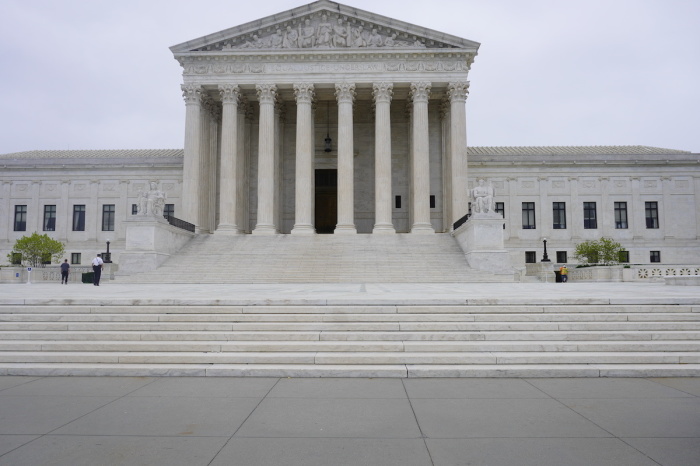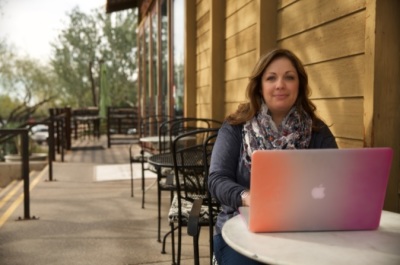Supreme Court sets date for Christian web designer's same-sex wedding website case

The U.S. Supreme Court will hear the case of a Colorado web designer opposed to using her business to promote same-sex marriage in December.
The highest court in the United States recently announced that justices will hear oral arguments in the case of 303 Creative LLC et al v. Aubrey Elenis, et al. on Monday, Dec. 5. The court agreed to hear the challenge to Colorado's discrimination law in February.
The Alliance Defending Freedom, a legal nonprofit representing 303 Creative owner Lorie Smith, announced the date for oral arguments on Twitter Tuesday.

"We're asking the Court to send a clear message to state & local governments: the #1A guarantee of #freespeech isn't just for people who share their views. It's for everyone," ADF tweeted.
The nonprofit advocacy group has won several religious freedom cases before the U.S. Supreme Court, including defending a Christian baker punished by Colorado for not baking a cake for a same-sex wedding.
In 2016, Smith filed a pre-enforcement challenge to the Colorado Anti-Discrimination Act, arguing that the law would force her to provide services contradicting her belief that marriage is a union between one man and one woman.
Through her company, Smith wanted to start offering services to build wedding websites but didn't want to be required to build websites for same-sex weddings due to a religious objection to gay marriage.
In July 2021, a three-judge panel of the U.S. Court of Appeals for the 10th Circuit ruled against Smith in a 2-1 decision. The majority concluded that CADA was "a neutral law of general applicability, and that it is not unconstitutionally vague or overbroad."
"Colorado has a compelling interest in protecting both the dignity interests of members of marginalized groups and their material interests in accessing the commercial marketplace," Circuit Judge Mary Beck Briscoe, a Clinton appointee, wrote for the majority.
"When regulating commercial entities, like Appellants, public accommodations laws help ensure a free and open economy. Thus, although the commercial nature of Appellants' business does not diminish their speech interest, it does provide Colorado with a state interest absent when regulating noncommercial activity."
Briscoe argued that "Colorado may prohibit speech that promotes unlawful activity, including unlawful discrimination" and rejected Smith's plan to post a statement on 303 Creative's website noting the business' refusal to create websites for same-sex weddings.
ADF appealed the ruling to the Supreme Court, which released an order in February agreeing to take up the First Amendment appeal.
"The petition for a writ of certiorari is granted limited to the following question: Whether applying a public-accommodation law to compel an artist to speak or stay silent violates the Free Speech Clause of the First Amendment," states the Supreme Court order.
In 2018, the Supreme Court ruled 7-2 in favor of Colorado baker Jack Phillips, ruling that Colorado violated the Free Exercise Clause of the First Amendment by penalizing and being hostile to the Masterpiece Cakeshop owner for violating state discrimination law by refusing to bake a custom cake for a same-sex wedding.
Phillips, who ADF also represented, argues that using his artistic abilities to make a custom cake carries a significant First Amendment speech component and implicates his sincere religious beliefs.




























